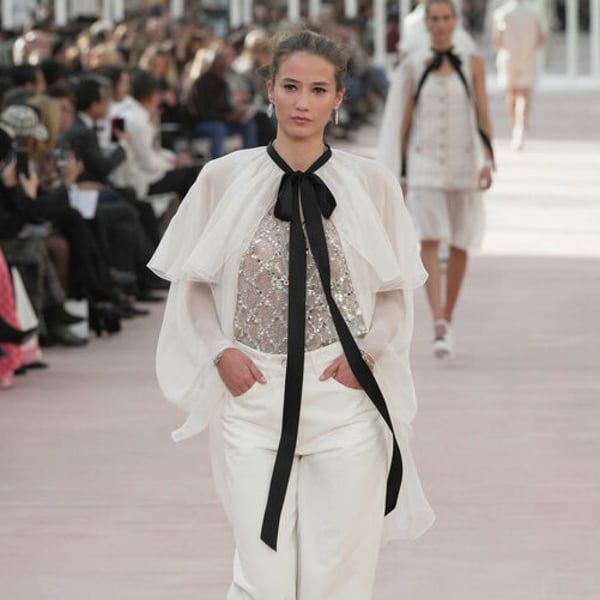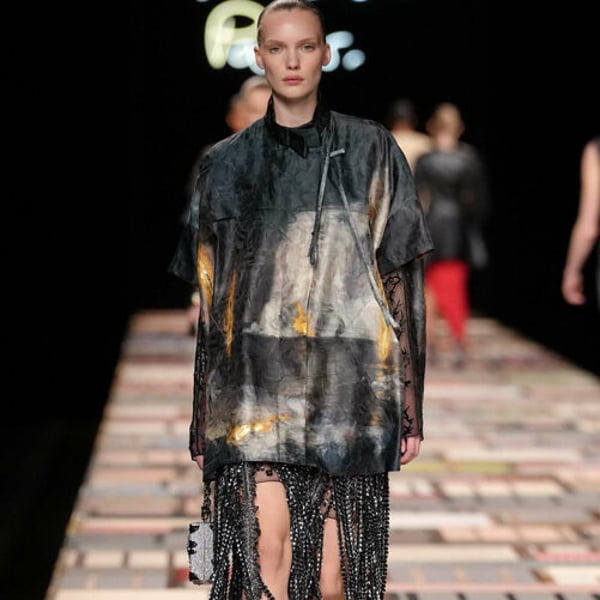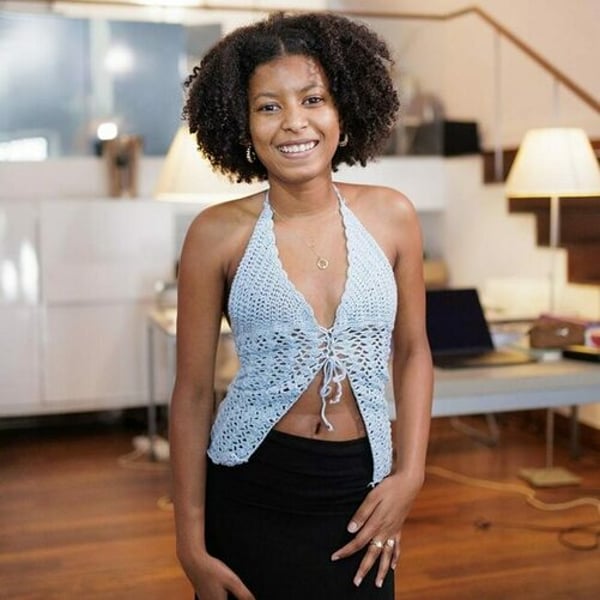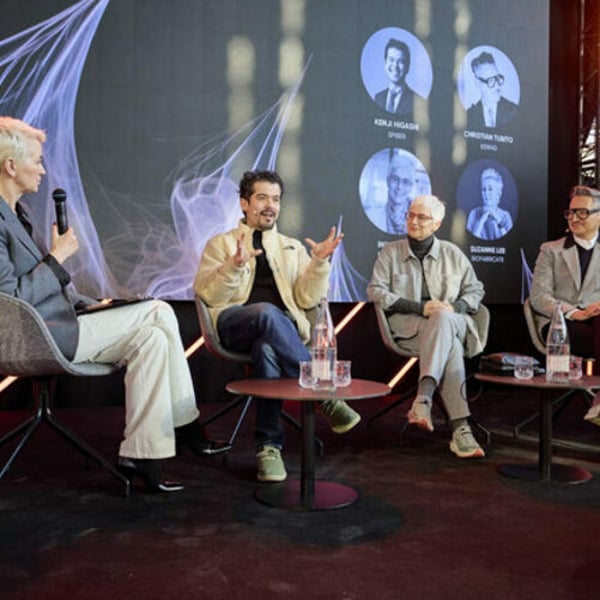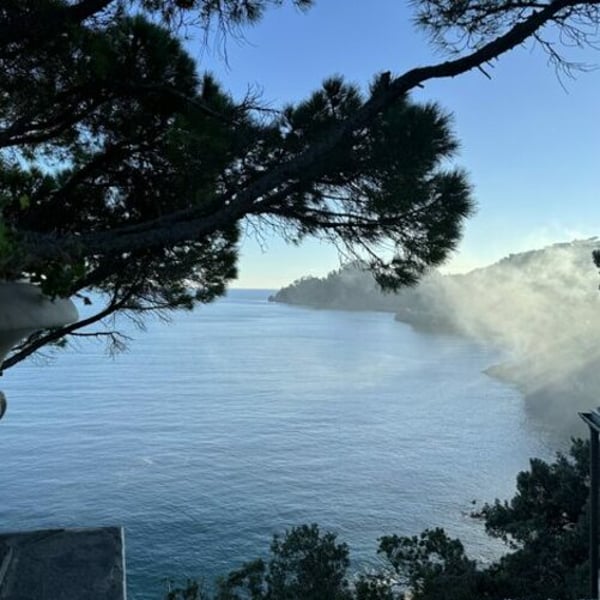By
AFP
Published
January 1, 2025
Despite an avalanche of Western sanctions and a large number of brands leaving Russia after the Kremlin launched its offensive in Ukraine, Moscow's wealthiest shoppers are still spoiled for choice when it comes to Western luxury goods.
In the Russian capital's exclusive shopping districts, department stores and high-end Russian establishments are doing brisk business in Western sports cars, gold jewelry and designer clothing.
The picture is a far cry from Western claims that its sanctions would collapse the Russian economy and isolate it from the outside world.
“I don't see any particular changes,” said Natalia, a 51-year-old dentist strolling through the luxury GUM shopping center, opposite the Kremlin in Moscow's Red Square.
“There were maybe three stores – Chanel, Dior, Hermes – that I know are gone. All the others are the same as before. I see that even Brunello Cucinelli is here,” he said, referring to the Italian fashion house.
Many in Moscow – including Russian President Vladimir Putin – have reveled in what they call the “failure” of sanctions to isolate Russia from the global economy.
“They wanted to isolate us? Please! We are so isolated here that it's even funny,” mocked Serguei, a 61-year-old pensioner, as he left a luxury store.
The United States, the European Union and Britain have explicitly banned the export of “luxury goods” to Russia as part of their sanctions packages.
Several brands and groups also voluntarily left the market at the start of the offensive – including Chanel, Hermes, LVMH and Kering – amid a wave of corporate exits from Russia.
But almost three years later, their logos still adorn products on the shelves of Russian stores in Moscow, a bustling megalopolis of some 13 million people that was a profitable market for them before the conflict.
Sanctioned goods of all kinds are easily exported to Russia through willing middlemen in places like the Caucasus and Central Asia.
Even if they no longer sell directly to Russian buyers, many of the Western luxury brands have kept their premises in central Moscow, apparently in the hope of reopening in the future.
“His announced departure is pure hypocrisy,” said a French businessman who sells luxury goods in the Russian capital.
“Although their stores are officially closed, these brands continue to sell their products to Russians through 'marketplaces' and distributors,” he said, speaking on condition of anonymity.
Export statistics show a huge increase in trade between Western countries and countries such as Kyrgyzstan, Kazakhstan and Azerbaijan (former Soviet countries that have close ties to Moscow) after sanctions were introduced.
“One way or another, everything is imported,” said Elena, a 38-year-old marketing manager for a luxury lingerie designer, who shops in central Moscow.
“It's a little more complicated, but in general everyone manages” to get the products they want, he explains to AFP in the TSUM department store, the birthplace of luxury goods and brands.
A shop assistant told AFP: “The luxury brands are still here. And so are our regular customers, demand has not decreased.”
On its official website and app, TSUM announces the sale of products from Prada, Yves Saint Laurent and Alexander McQueen, all brands that have officially left Russia.
It says its prices are “more competitive than in Dubai,” which has become a booming vacation and shopping destination for wealthy Russians amid difficulties traveling to Europe.
“In Dubai, sales of luxury goods have skyrocketed” since Russia ordered troops into Ukraine, said the French businessman.
Isolated from direct exports, Russian retailers have found creative ways to get their hands on products demanded by their customers.
The sanctions have led to the resurrection of “shoppers,” a term popularized in the early 1990s by people who traveled to Europe to bring back boxes of luxury goods for customers back home.
Today, buyers have direct contracts with large boutiques or shopping centers, says Andrei, a 52-year-old stylist who has a portfolio of high-end clients.
“Orders, from furniture and tableware to jewellery, clothing and furs, are sent directly to representatives in Milan, Paris and London,” he told AFP.
Given the huge demand for Western luxury products, wealthy Russians are sure that Western brands will quickly return once they can.
“It's just a matter of time,” Andrei said.
Copyright © 2025 AFP. All rights reserved. All information displayed in this section (submissions, photographs, logos) are protected by intellectual property rights owned by Agence France-Presse. Consequently, you may not copy, reproduce, modify, transmit, publish, display or commercially exploit in any way the content of this section without the prior written consent of Agence France-Presses.

